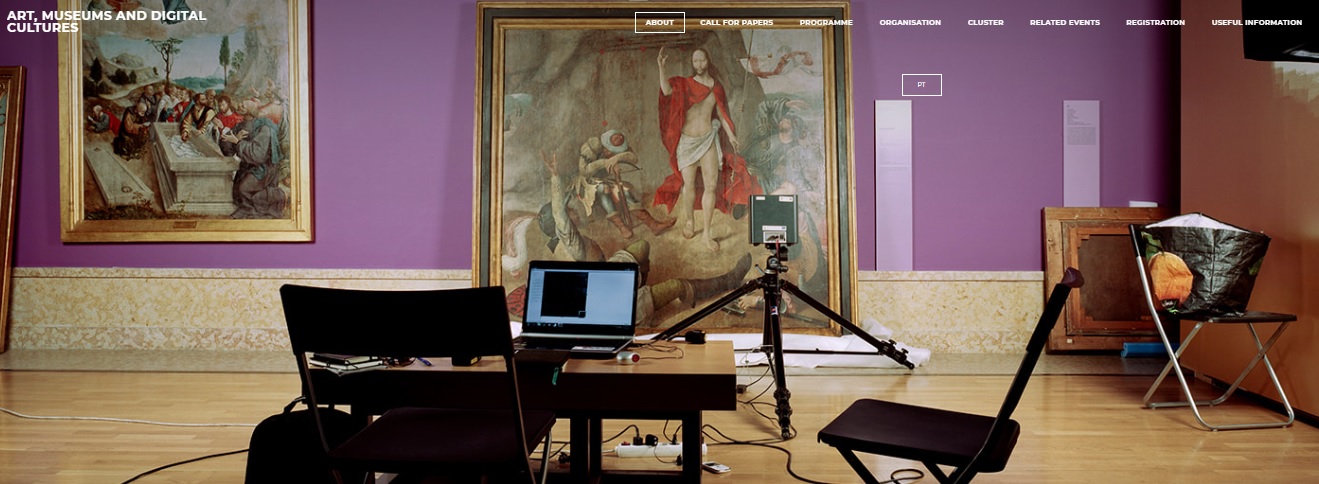 The International Conference on Art, Museums and Digital Cultures will bring together different scientific and creative perspectives on the crossovers between information technologies and the arts. How are museums, curators and the artists themselves responding to the opportunities, but also the risks, of the so-called “digital transformation”?
The International Conference on Art, Museums and Digital Cultures will bring together different scientific and creative perspectives on the crossovers between information technologies and the arts. How are museums, curators and the artists themselves responding to the opportunities, but also the risks, of the so-called “digital transformation”?
Deadline for abstract submission: 21 December 2020
Conference website: https://museumdigitalcultures.weebly.com/
Recognising the complexity and plurality of digital cultures, the conference will discuss recent or ongoing research works in different geographies and cultural contexts.
We invite scholars, independent researchers, digital media specialists, curators and artists to submit proposals for a 15-minute in-person or online presentation, focusing on one or more of the following topics:
– Digital Art and Museums: preservation, documentation and exhibition
– Historiography of New Media Art
– Digitisation of contemporary art collections and archives
– The presence of art museums on the web: institutional representations and narratives
– Networked artistic and curatorial practices
– Derivative artworks and digital cultures
– Virtual museums and online exhibitions
– Contemporary art and digital literacy
– Politics of online mediation
– Digital technologies, accessibility and inclusion in art museums
– Algorithms and artificial intelligence in artistic and museological projects
– Architecture for digital art – museums, galleries and alternative spaces
– Hybrid realities: artistic interfaces and spatial overlapping
– Art, science and technology: new objects, new relations and new issues
How to submit a paper
Languages: English (UK spelling) or Portuguese*
First phase – abstracts for 15-minute presentations: title of the paper; abstract (350-500 words); 5 keywords; conference topic(s) to be addressed; presentation format (in-person or online); author’s affiliation; e-mail address and short biography (100-150 words).
File format: PDF, max. 3 pages or 2.00 MB
Second phase – full papers for publication: the detailed instructions will be sent directly to the authors of the proposals selected during the first phase.
All proposals must be submitted by email to: museumdigitalcultures@gmail.com
* The conference will be mostly in English and there will be no simultaneous translation into other languages. The second day’s programme may, however, include some parallel sessions in Portuguese.
Publication
The selected papers will be included in an edited e-book, to be published in 2021 by the Institute of Art History, School of Social Sciences and Humanities, Universidade NOVA de Lisboa, in cooperation with maat – Museum of Art, Architecture and Technology, Lisbon.
Organisation
maat – Museum of Art, Architecture and Technology and Institute of Art History, School of Social Sciences and Humanities, Universidade NOVA de Lisboa. Partner institution: Instituto Superior Técnico, Universidade de Lisboa.
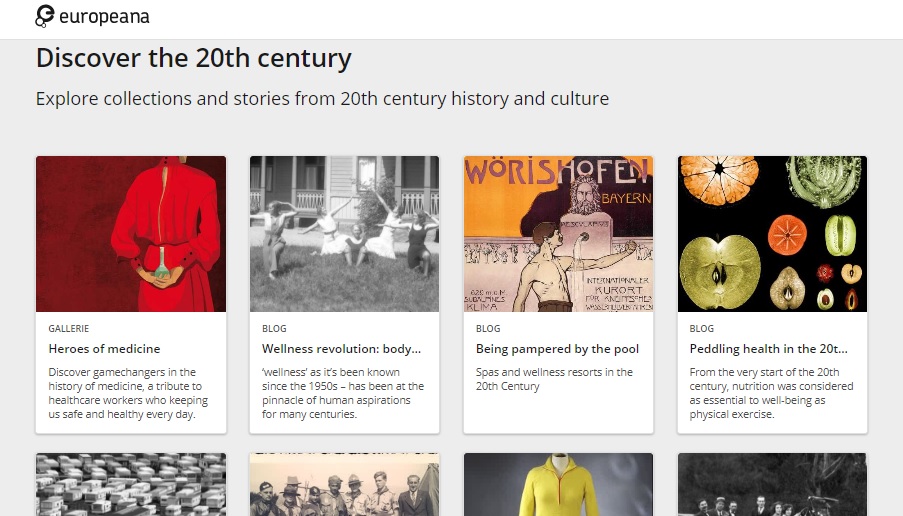


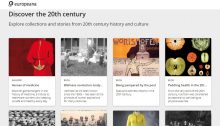
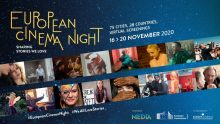
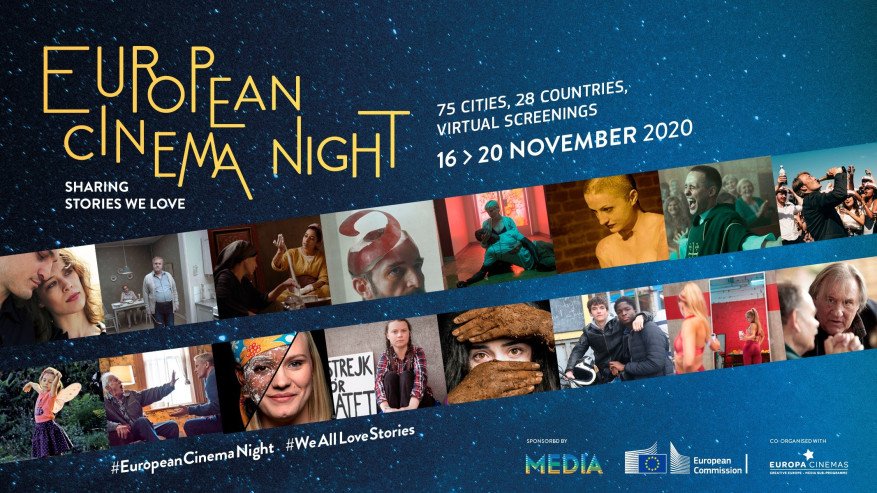
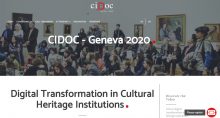

 The International Conference on Art, Museums and Digital Cultures will bring together different scientific and creative perspectives on the crossovers between information technologies and the arts. How are museums, curators and the artists themselves responding to the opportunities, but also the risks, of the so-called “digital transformation”?
The International Conference on Art, Museums and Digital Cultures will bring together different scientific and creative perspectives on the crossovers between information technologies and the arts. How are museums, curators and the artists themselves responding to the opportunities, but also the risks, of the so-called “digital transformation”?
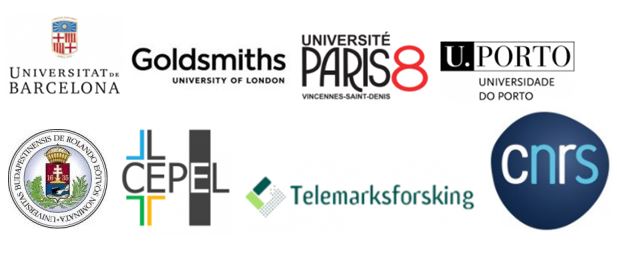 Work package 1 of the UNCHARTED project, leaded by the University of Barcelona, is devoted to the analysis of the configuration of the values of culture.
Work package 1 of the UNCHARTED project, leaded by the University of Barcelona, is devoted to the analysis of the configuration of the values of culture.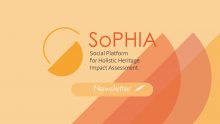
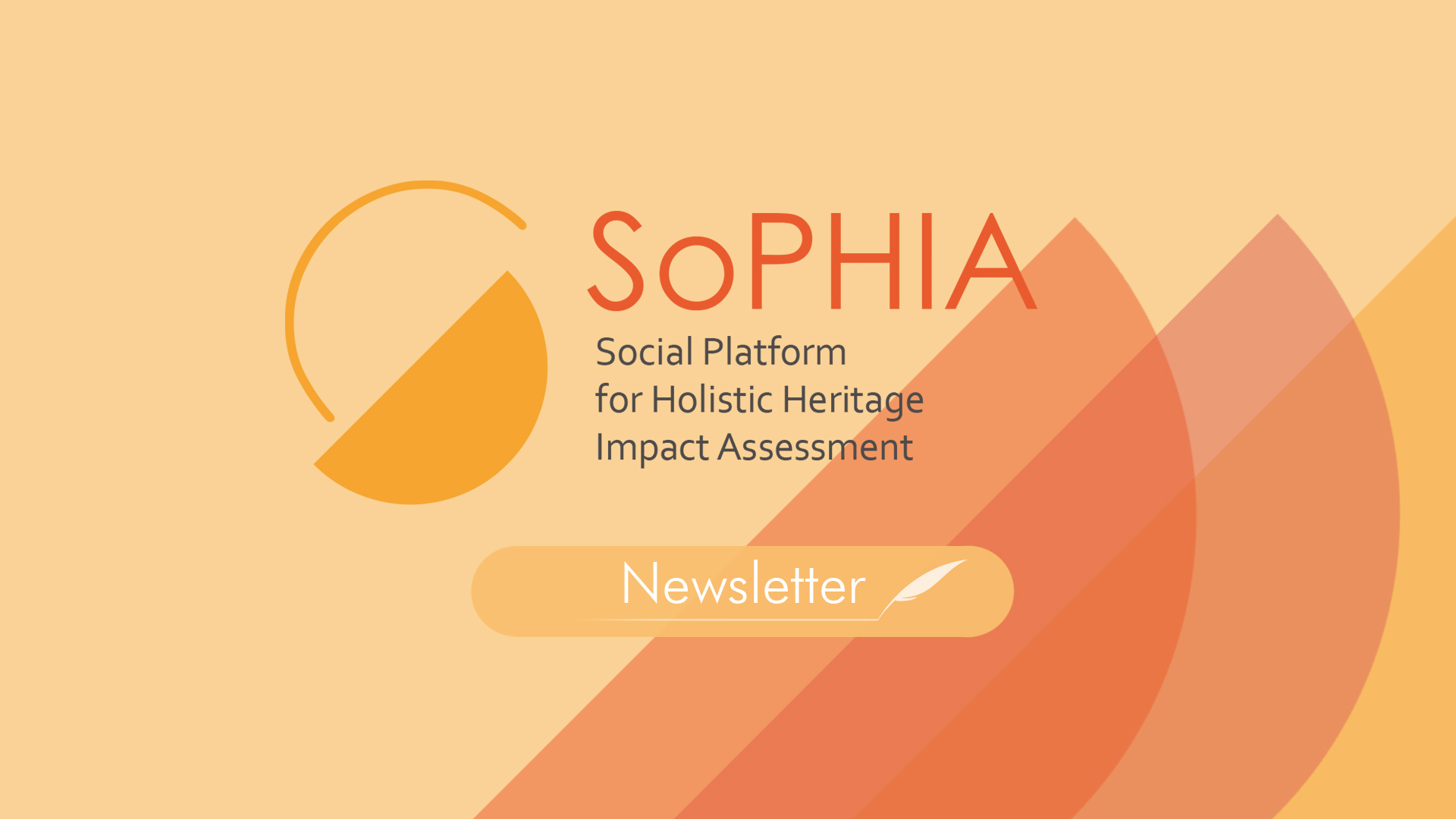 SOPHIA “Social Platform for Holistic Impact Heritage Assessment” aims to promote collective reflection within the cultural and political sector in Europe on the impact assessment and quality of interventions in European historical environment and cultural heritage at urban level.
SOPHIA “Social Platform for Holistic Impact Heritage Assessment” aims to promote collective reflection within the cultural and political sector in Europe on the impact assessment and quality of interventions in European historical environment and cultural heritage at urban level.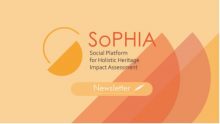
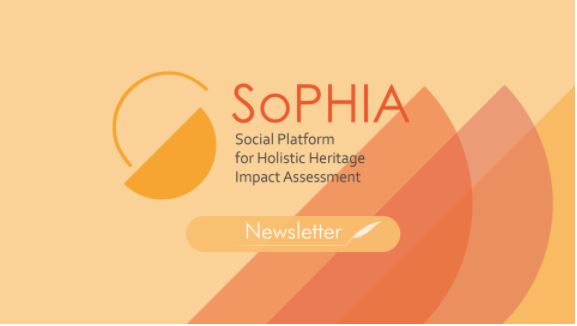 This first edition of the SOPHIA project Newsletter “Cultural Heritage and Impact Assessment” provides a general overview of the mission and challenges of the social platform. It invites to reflect on the importance to assess and evaluate projects dealing with cultural heritage by adopting an holistic point of view.
This first edition of the SOPHIA project Newsletter “Cultural Heritage and Impact Assessment” provides a general overview of the mission and challenges of the social platform. It invites to reflect on the importance to assess and evaluate projects dealing with cultural heritage by adopting an holistic point of view.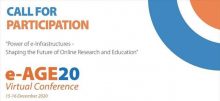
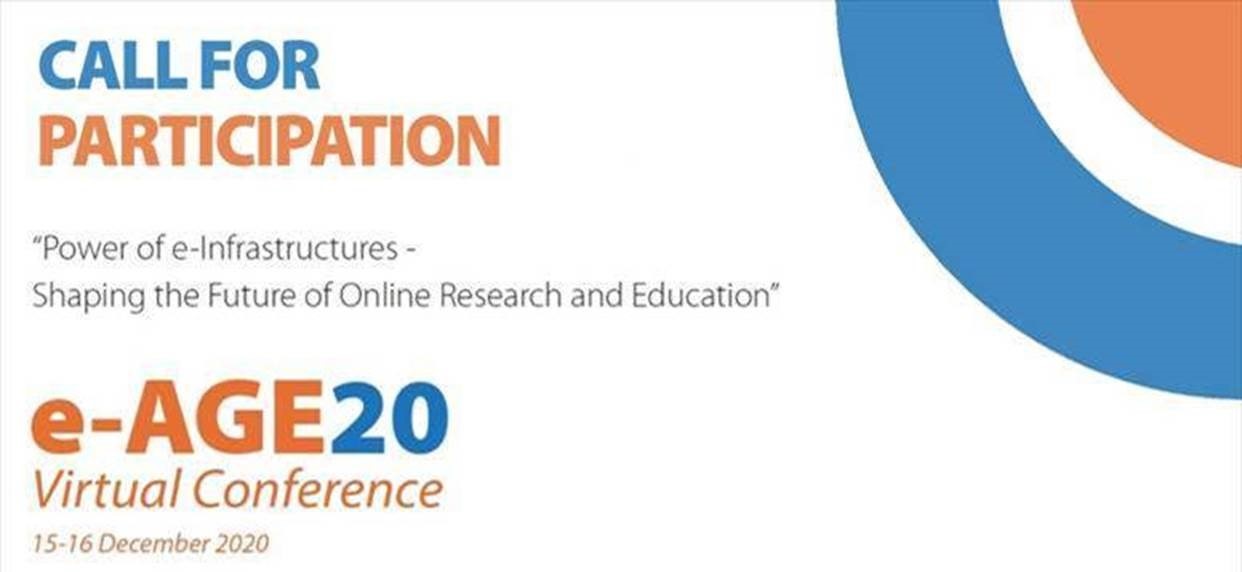
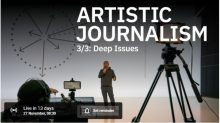
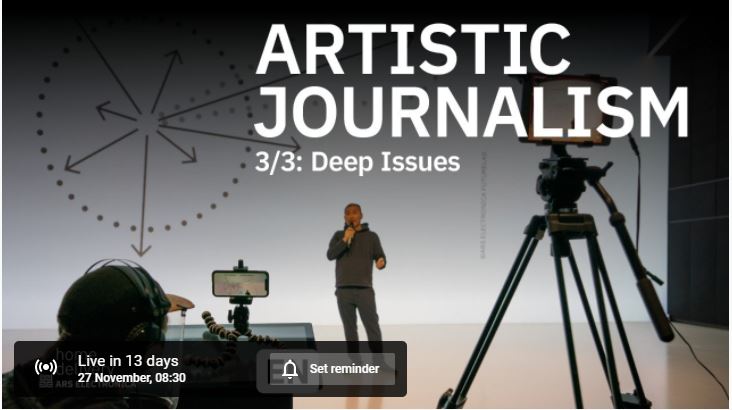 In the framework of its Home Delivery initiative, the Ars Electronica Center, organized a series of online classes focused on Artistic Journalism. Starting by the reflection on the dramatic social changes caused by the Covid19 pandemic, the classes present artistic journalism as a new media, place, and system for broadly experiencing and discussing the future and new challenges.
In the framework of its Home Delivery initiative, the Ars Electronica Center, organized a series of online classes focused on Artistic Journalism. Starting by the reflection on the dramatic social changes caused by the Covid19 pandemic, the classes present artistic journalism as a new media, place, and system for broadly experiencing and discussing the future and new challenges.
 OpenHeritage launched a series of online interactive workshops focusing on key aspects of adaptive heritage reuse. The project, which full title is “OpenHeritage: Organizing, Promoting and ENabling HEritage Reuse through Inclusion, Technology, Access, Governance and Empowerment”, focuses on the creation of sustainable models of heritage asset management and aims to empower the community in the processes of its adaptive reuse.
OpenHeritage launched a series of online interactive workshops focusing on key aspects of adaptive heritage reuse. The project, which full title is “OpenHeritage: Organizing, Promoting and ENabling HEritage Reuse through Inclusion, Technology, Access, Governance and Empowerment”, focuses on the creation of sustainable models of heritage asset management and aims to empower the community in the processes of its adaptive reuse.































